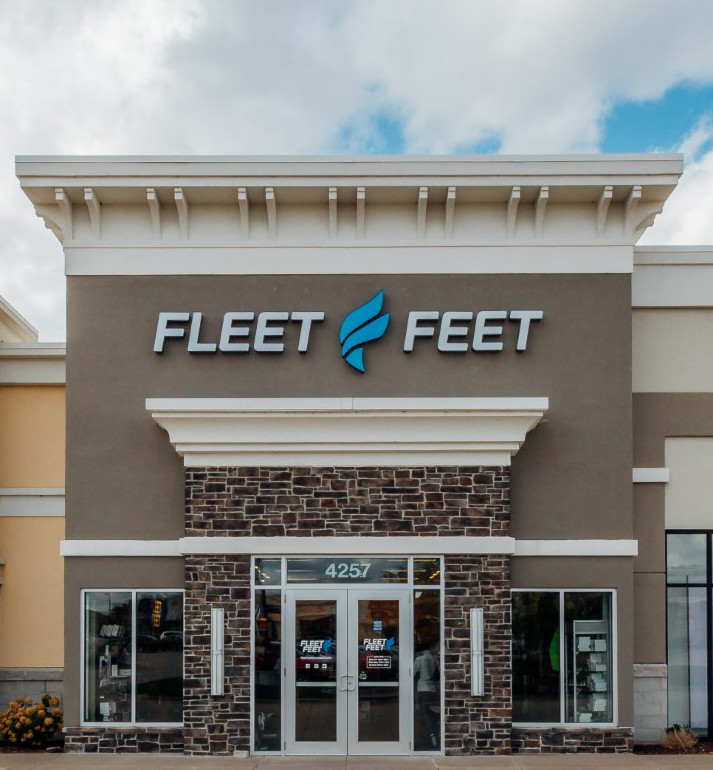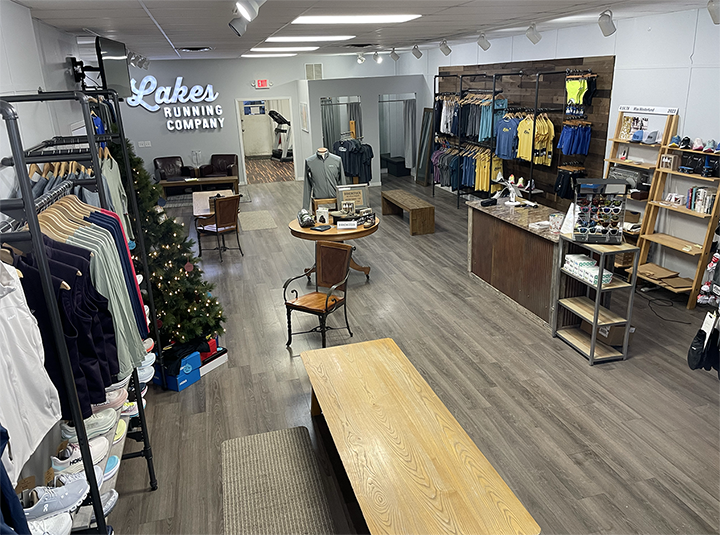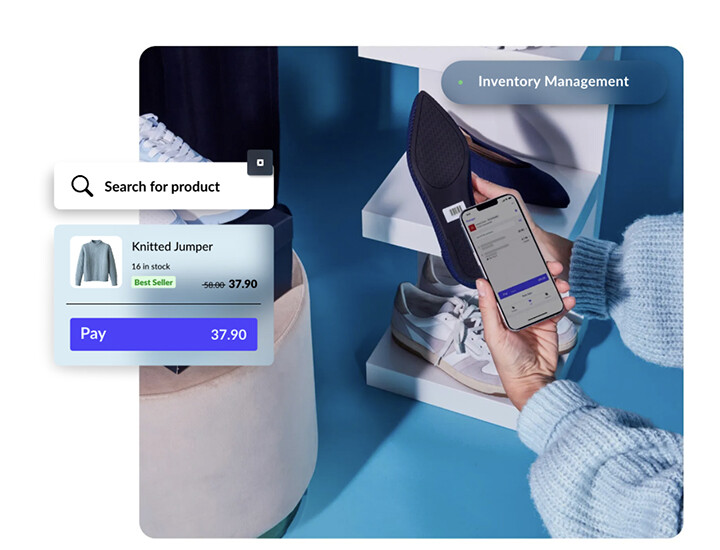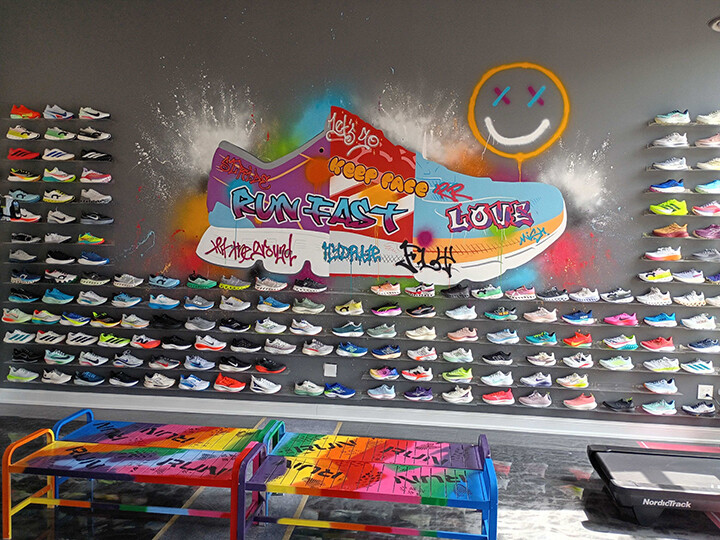With a sentence that reads, in part, “Lots of stores sell sneakers, but running shops are a different breed,” a profile in Forbes this week sings the praises of the 184-store Fleet Feet chain and its ability to adapt to a changing retail environment during the COVID-19 pandemic.
In the profile (https://www.forbes.com/sites/pamdanziger/2020/06/21/community-retail-is-why-fleet-feet-won-big-during-coronavirus-shutdowns-and-will-after/#27a6c05d509e) John Moloznik, director of Fleet Feet franchise operations, put the company’s strategy this way: “The difference between buying running shoes from another retailer, like Nordstrom or a big-box store, versus buying it from a run specialty store is the fit process. That’s what makes our industry truly unique.”
Forbes estimates there are 750 running stores in the country. Differentiating Fleet Feet in that category is its franchise business model. “Our franchise concept puts us in a unique position to be more nimble than big companies with complex infrastructure, like Nike, while also having the power and scale to make local impact quickly,” Moloznik said in the article.
The Forbes profile heaped particular praise on the company’s decision six years ago to build a central e-commerce site for all stores. This proved critical to all of the stores’ ability to stay in business during pandemic-mandated shutdowns.
“We built our e-commerce model to dovetail into the local franchise with the local community in mind,” Jason Jabaut, VP-digital and franchise operations, explained to Forbes. “Rather than have a central warehouse or distribution center, we fulfill orders from the local Fleet Feet locations and they earn revenue share for all orders they fulfill.”
This local fulfillment system allowed the stores to pivot quickly to curb-side pick-up after they shut down. Online sales at Fleet Feet stores more than quadrupled during the pandemic, according to Forbes.
And in perhaps the most telling comments about the running business, both Moloznik and Jabaut credited the company’s success to its running culture. “Runners are resilient by nature, having to make adjustments when the best-laid plans and training go out the window,” Moloznik said. “As runners themselves, Fleet Feet owners leaned on that resiliency to survive, which has contributed to the brand’s financial gains during this time.”
“Since the shutdown, we have all been running a sprint to keep things up and operational,” Jabaut added.
Currently, about 170 of its local stores have opened in some capacity, according to Forbes, in what is described as an assessment phase to see how newly implemented safety and social distancing practices work. Business has been strong, with some stores reporting more than 40 percent growth for their first week year-over-year.
A phrase that Moloznik uses to describe Fleet Feet’s business model is “local at scale,” which means ideas and innovations originating from the independent stores in its franchise network can quickly be scaled across the Fleet Feet network.
That is the process that #RunningIsNOTCancelled became the mantra for Fleet Feet stores during the coronavirus shutdown.
“One of our franchisees in Roanoke randomly came up with the idea that running is not canceled, after everything shutdown. They did a hashtag with it and made a T-shirt. It caught on quickly. The store used it when they opened their normally fee-based training program to the public for free and they had 1000 people sign up immediately,” Moloznik explained.
Based upon that overwhelming success, the #RunningIsNOTCancelled spread throughout the Fleet Feet community. “It exploded overnight across the country,” he said.






